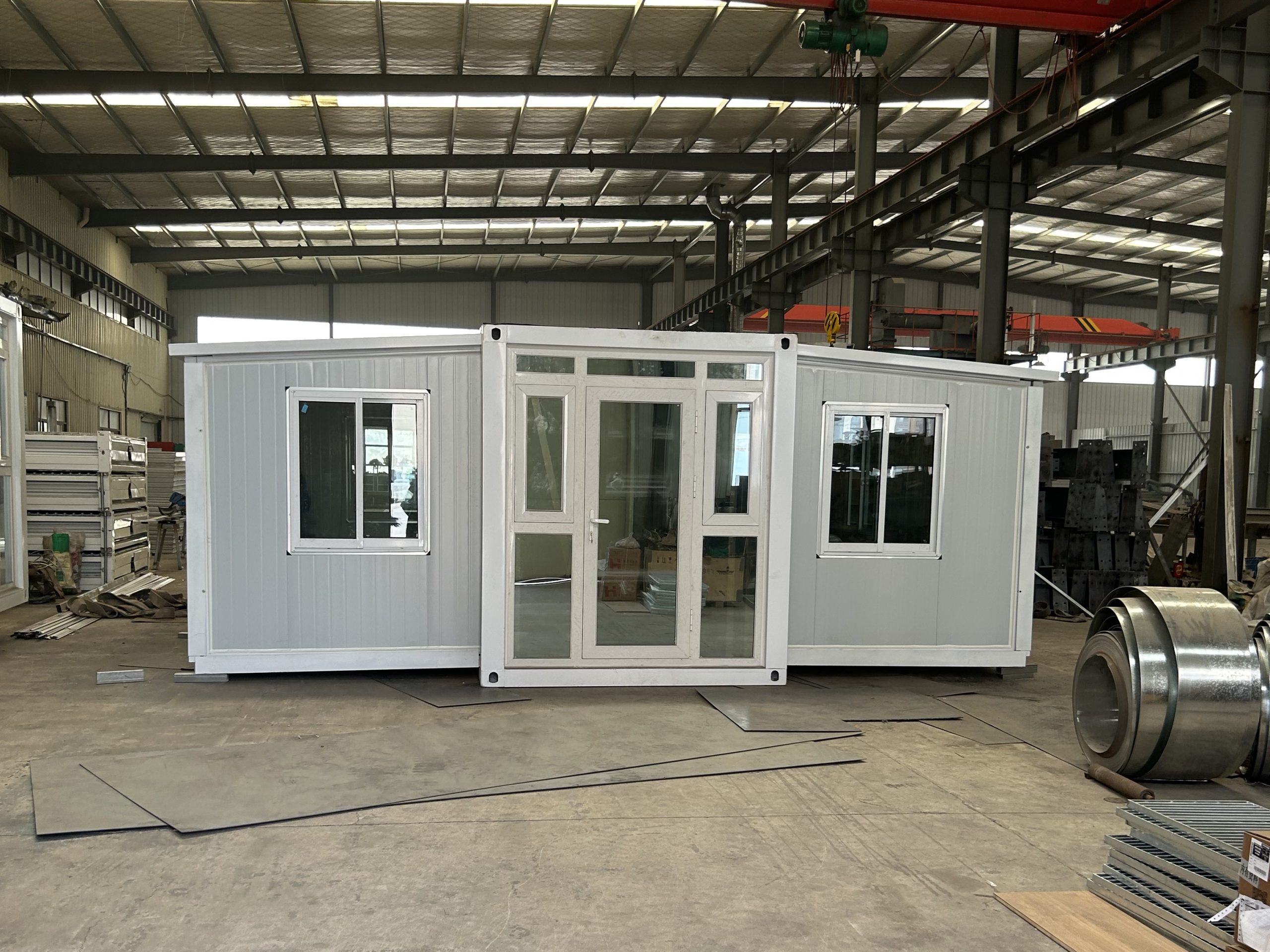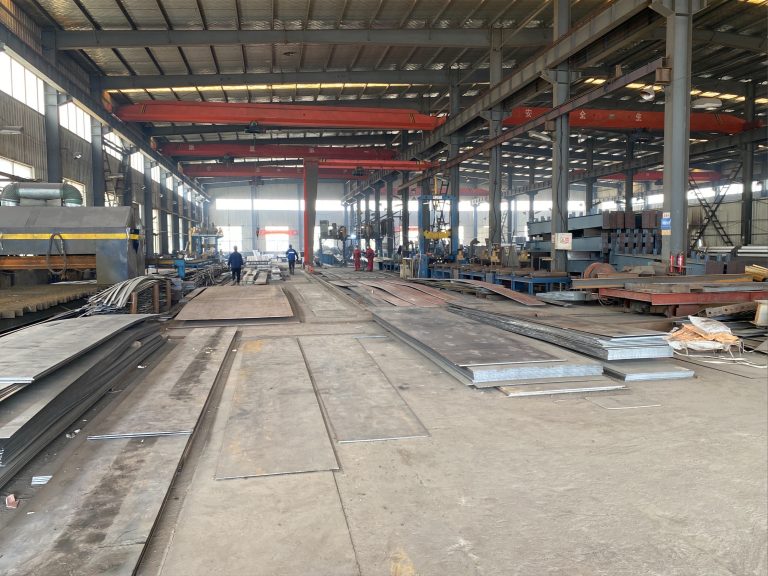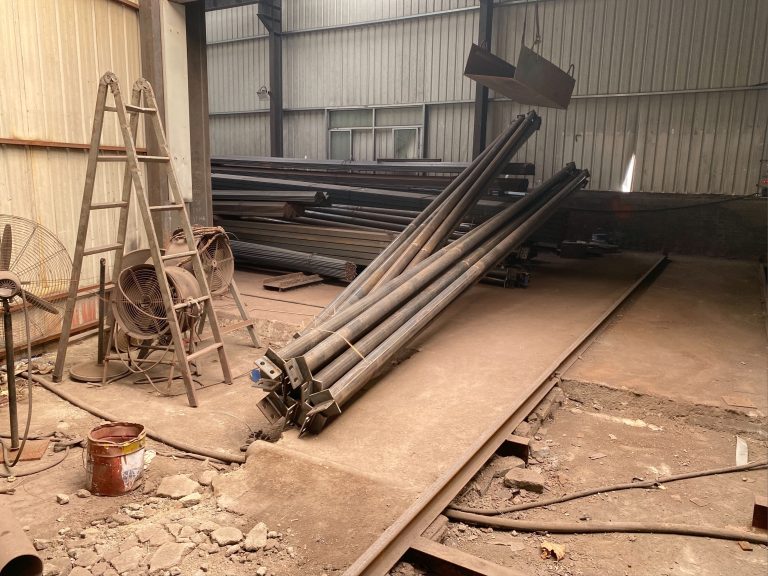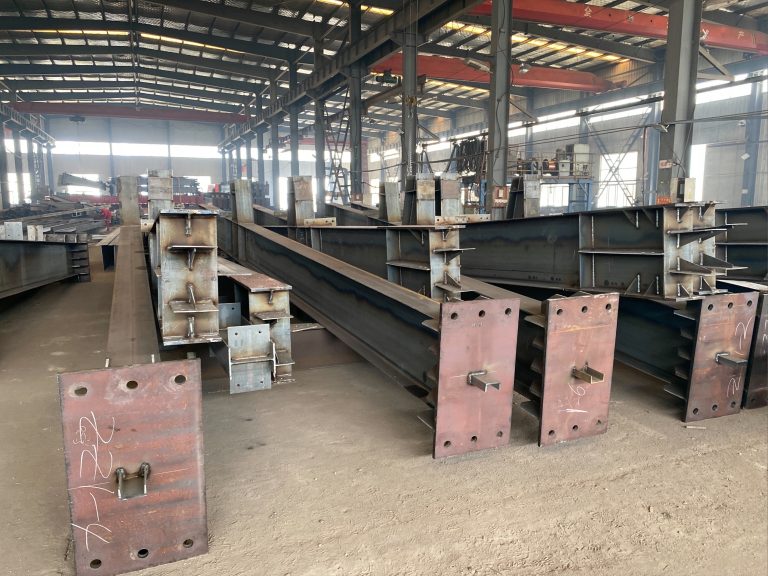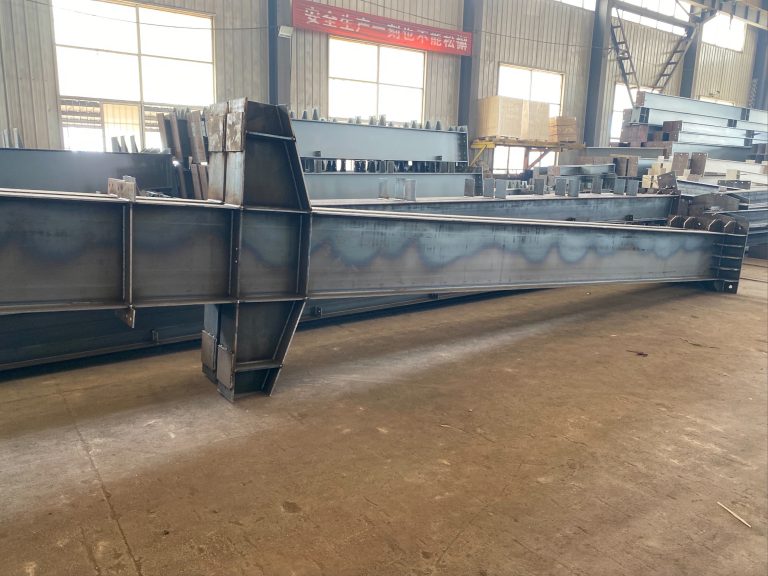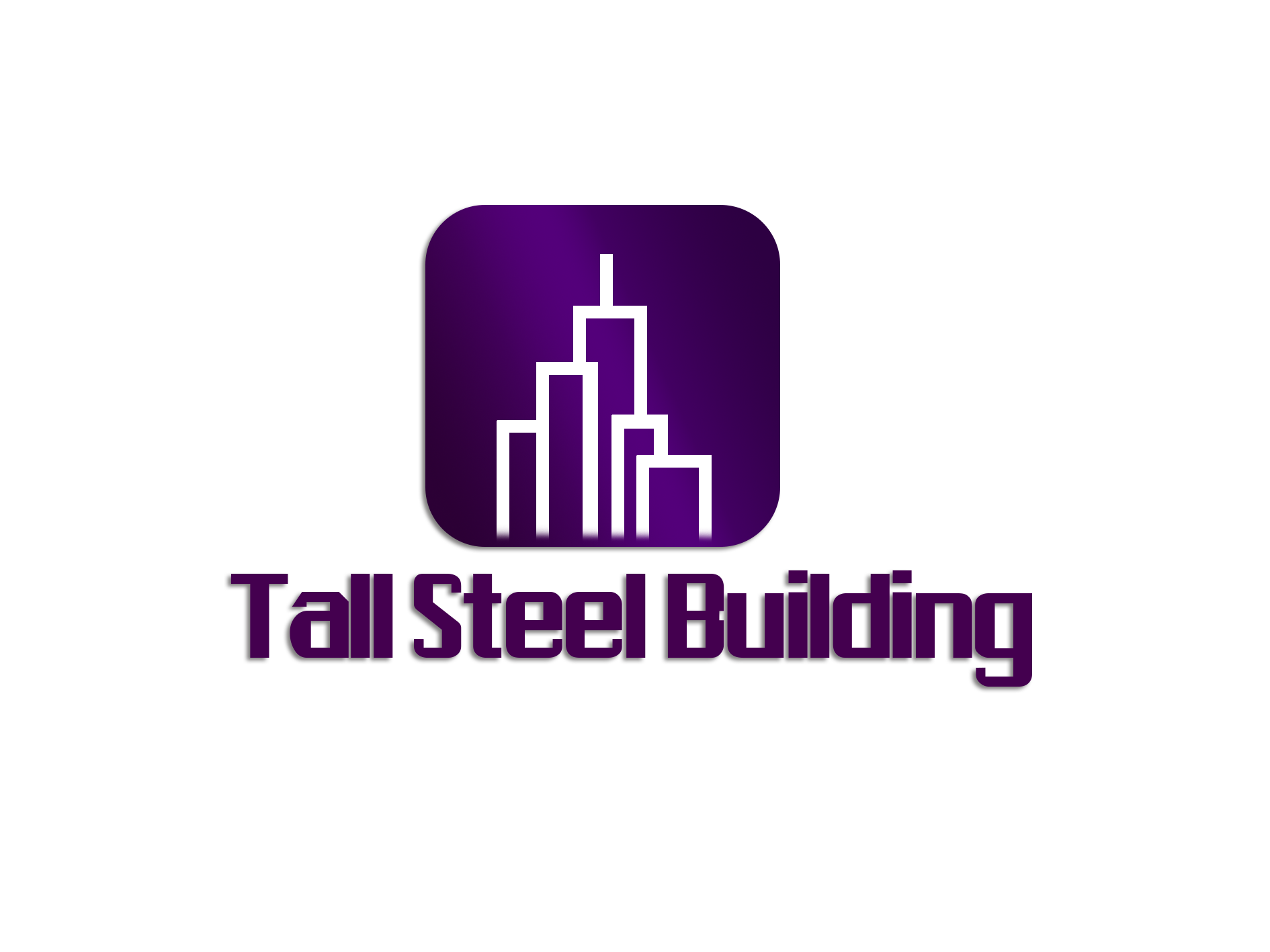Steel construction industry policy: regulations affecting development.
Table of Contents
Impact of Building Codes on Steel Construction Industry Growth
The steel construction industry plays a crucial role in the development of infrastructure and buildings around the world. As a key player in the construction sector, the steel industry is subject to various regulations and policies that impact its growth and development. One of the most significant factors affecting the steel construction industry is building codes.
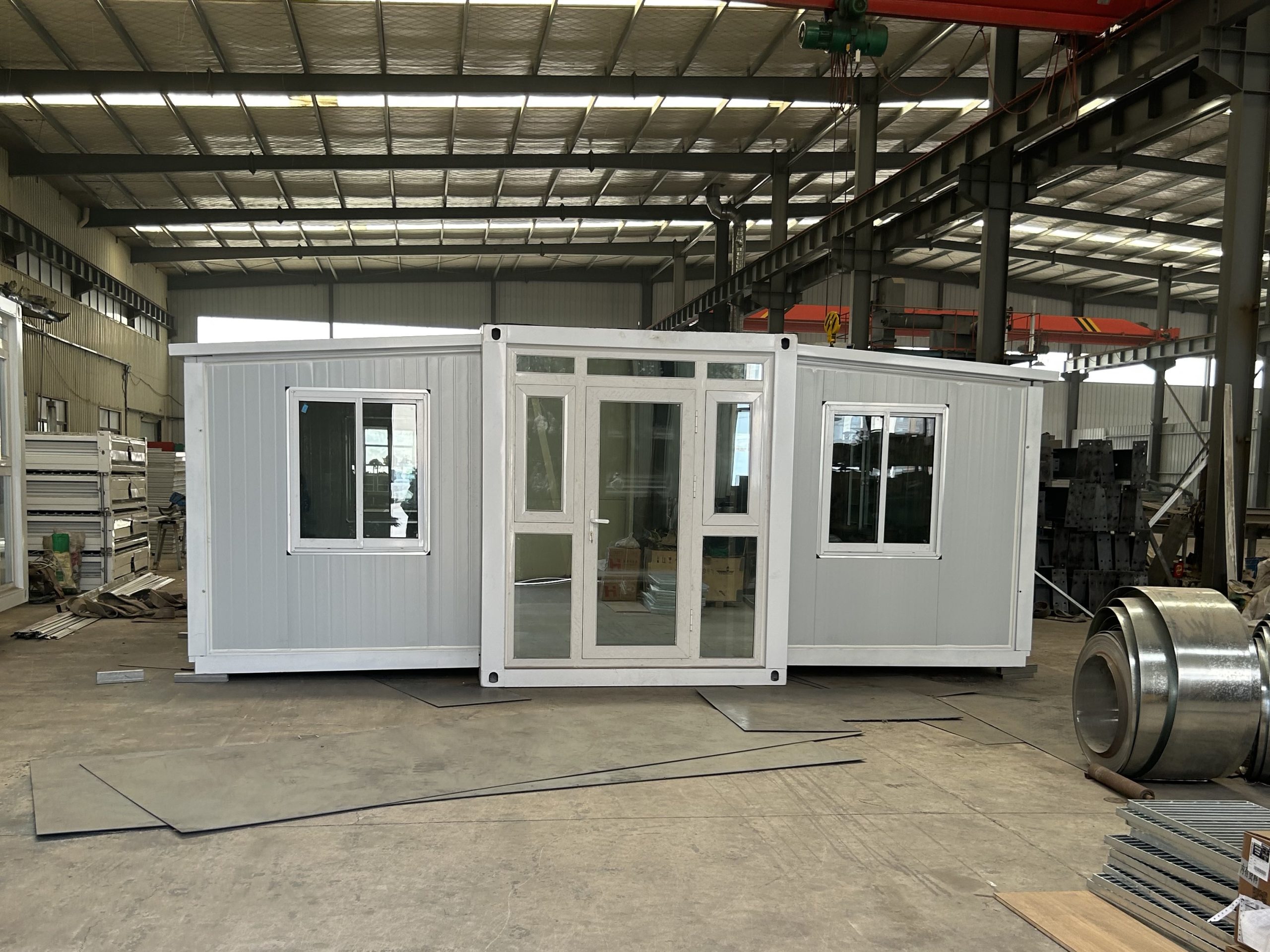
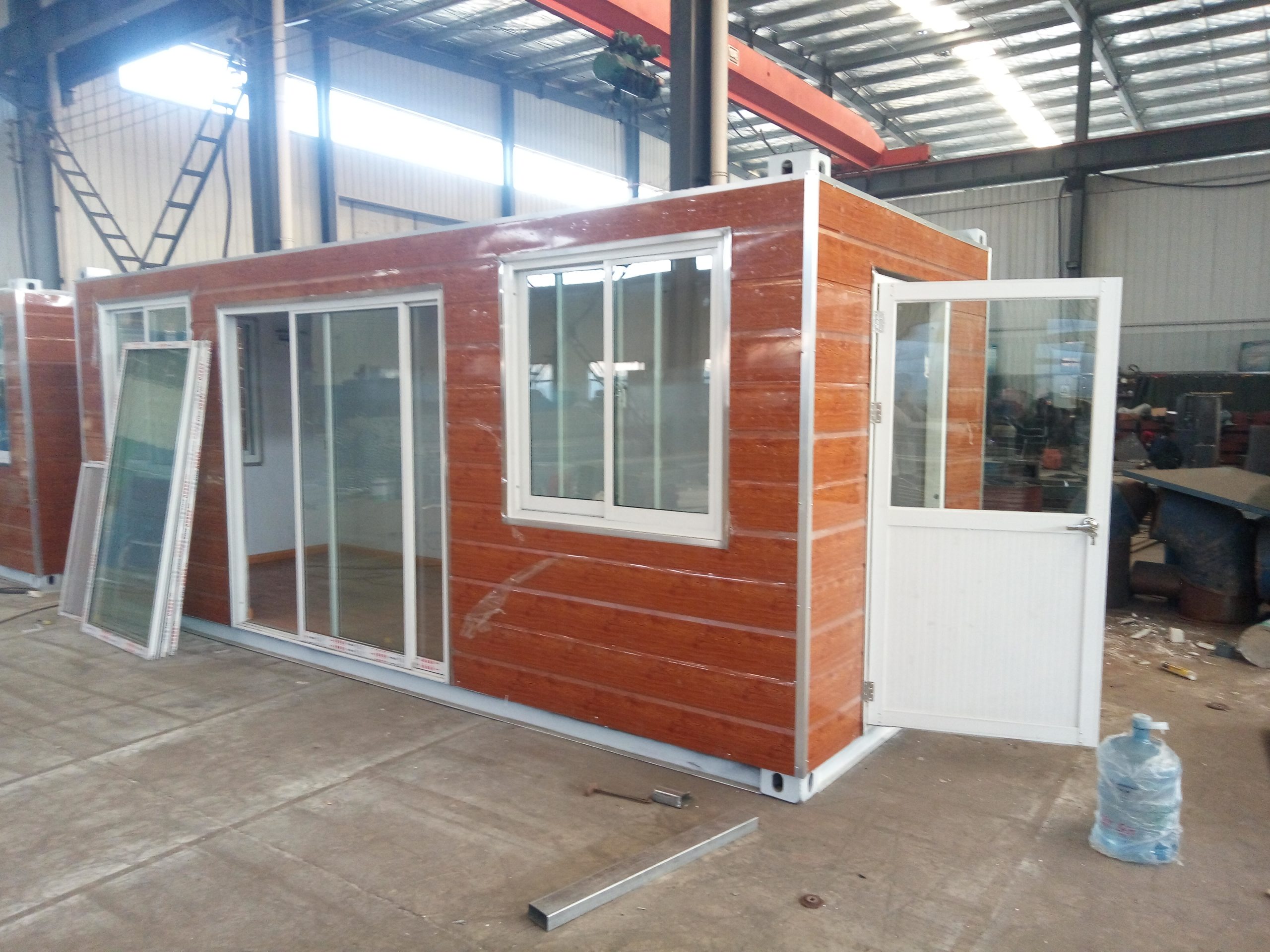
Building codes are regulations that set out the minimum requirements for the design, construction, and maintenance of buildings. These codes are put in place to ensure the safety and welfare of occupants, as well as to promote sustainable and efficient construction practices. Building codes cover a wide range of aspects, including structural design, fire safety, energy efficiency, and accessibility.
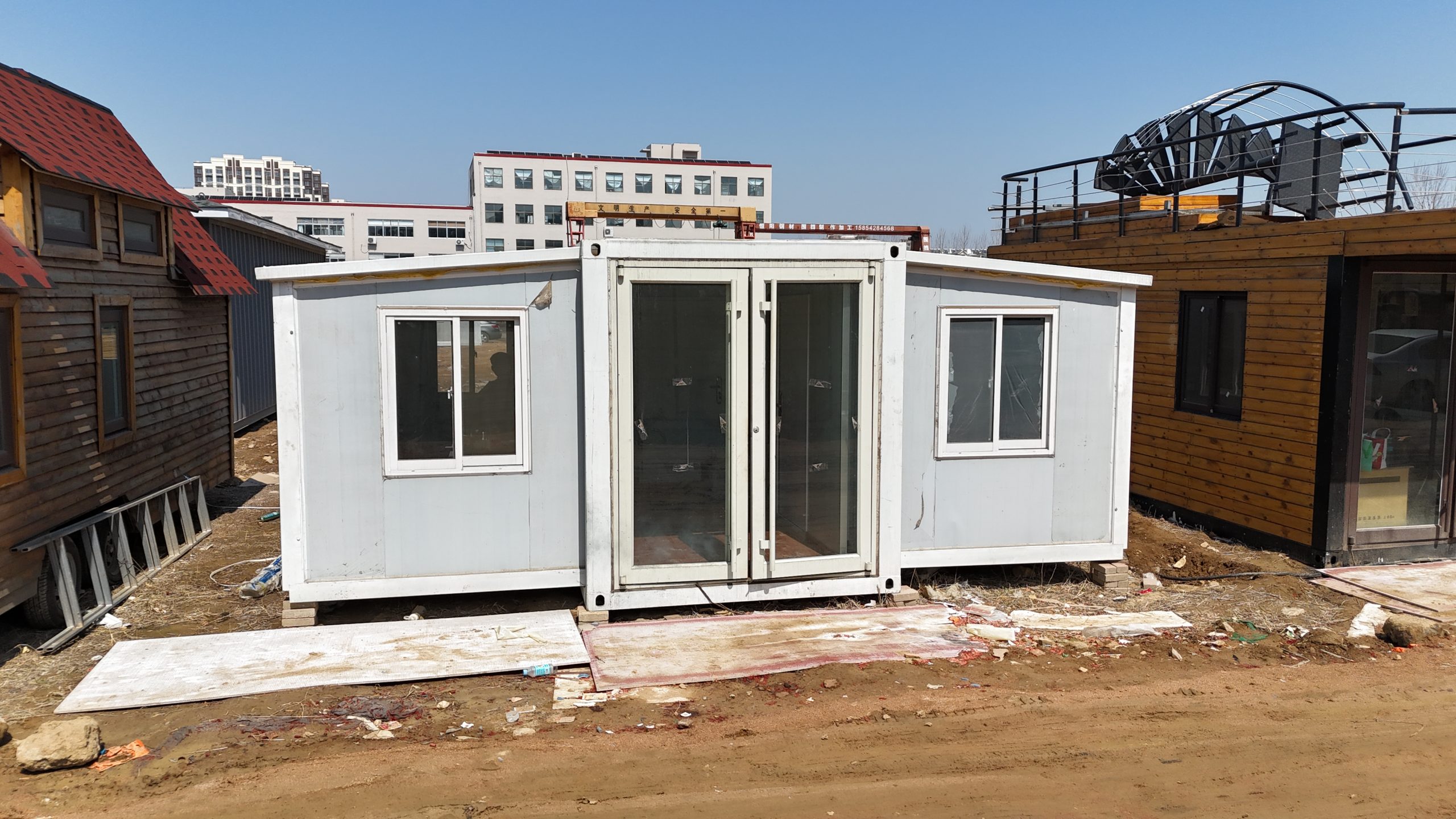
In the steel construction industry, building codes have a direct impact on the materials and methods used in construction projects. Steel is a versatile and durable material that is commonly used in a wide range of construction applications, from high-rise buildings to bridges and industrial structures. However, building codes can place restrictions on the use of steel in certain situations, such as in seismic zones or in buildings with specific fire safety requirements.

Building codes can also influence the design and construction process for steel structures. For example, codes may dictate the minimum thickness of steel members, the type of connections used, or the spacing of structural elements. These requirements can impact the cost, efficiency, and overall feasibility of a steel construction project.
In addition to setting out technical requirements, building codes can also have a significant impact on the market for steel construction. Codes that promote sustainable and energy-efficient building practices, for example, may incentivize the use of steel in green building projects. On the other hand, codes that restrict the use of certain materials or construction methods may limit the growth of the steel industry in certain markets.
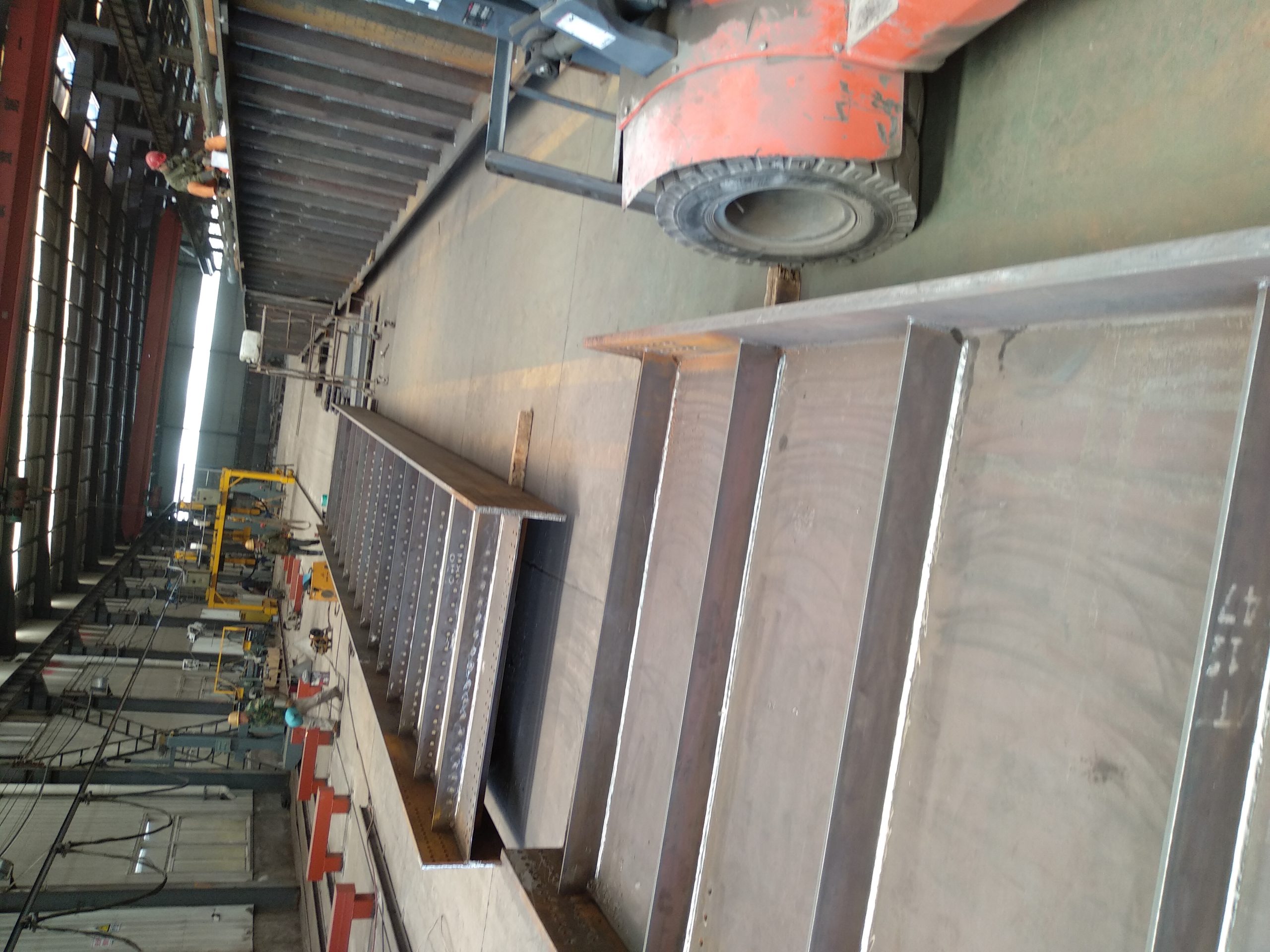
The impact of building codes on the steel construction industry is not limited to domestic regulations. International building codes and standards can also play a role in shaping the global market for steel construction. Harmonizing building codes across borders can facilitate trade and collaboration in the construction industry, while conflicting regulations can create barriers to entry and hinder market growth.

As the steel construction industry continues to evolve, it is important for policymakers, industry stakeholders, and building code officials to work together to develop regulations that support innovation, safety, and sustainability. By understanding the impact of building codes on the steel industry, stakeholders can identify opportunities for growth and address challenges that may arise from regulatory requirements.
123
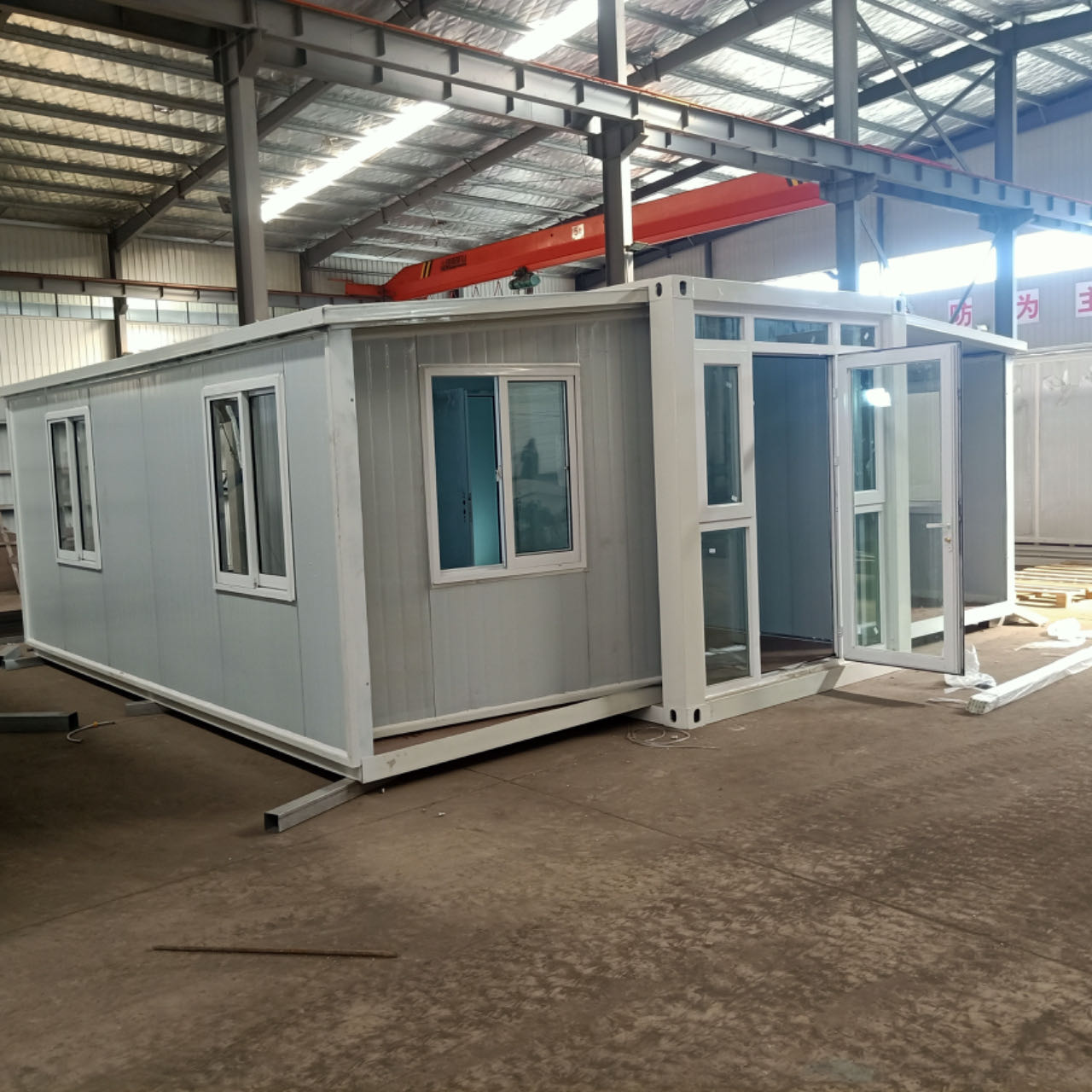
In conclusion, building codes are a critical factor in shaping the development of the steel construction industry. From technical requirements to market incentives, regulations play a key role in determining the materials, methods, and practices used in steel construction projects. By navigating the complex landscape of building codes, the steel industry can continue to thrive and contribute to the growth of the construction sector.
Environmental Regulations and Sustainability in Steel Construction Industry
The steel construction industry plays a crucial role in the development of infrastructure and buildings around the world. However, the industry is also subject to various regulations and policies that aim to ensure environmental sustainability and safety. These regulations can have a significant impact on the development of the industry and the way in which steel is used in construction projects.

One of the key regulations affecting the steel construction industry is the requirement for buildings to meet certain environmental standards. This includes regulations related to energy efficiency, emissions, and waste management. In recent years, there has been a growing emphasis on sustainable construction practices, with many governments around the world implementing policies to promote green building initiatives.
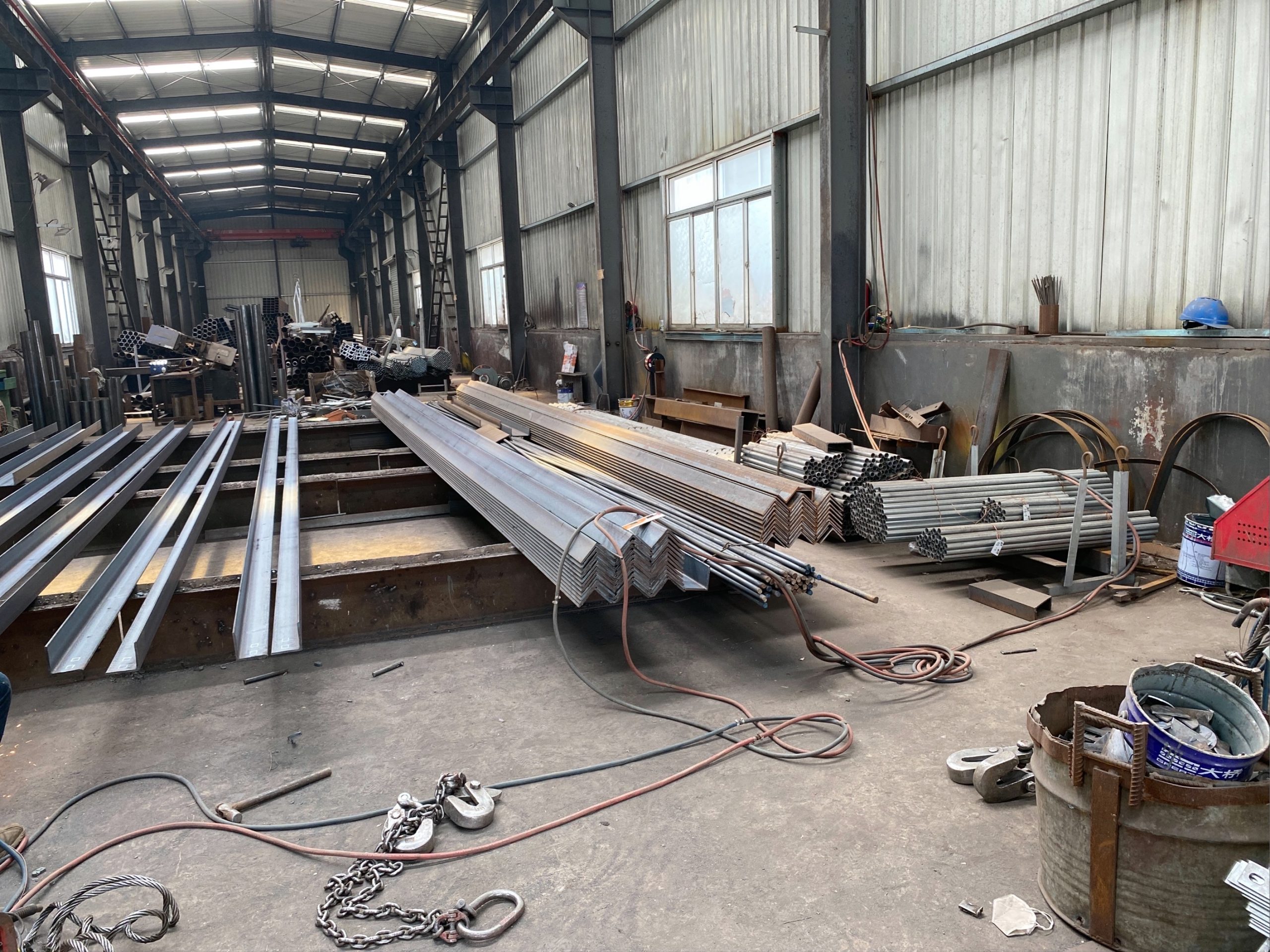

For the steel construction industry, this means that companies must adhere to strict guidelines when it comes to the sourcing and production of steel. This includes using recycled materials, reducing energy consumption during manufacturing processes, and implementing measures to minimize waste. By following these regulations, companies can not only reduce their environmental impact but also improve their reputation and appeal to environmentally conscious consumers.

Another important aspect of regulations affecting the steel construction industry is safety standards. Steel is a strong and durable material, but it can also pose risks if not handled properly. Regulations related to worker safety, building codes, and structural integrity are in place to ensure that steel construction projects are carried out safely and efficiently.
Companies in the steel construction industry must comply with these regulations to protect the health and well-being of their workers and the general public. This includes providing proper training and equipment for workers, conducting regular inspections of construction sites, and following strict guidelines for the design and construction of steel structures.
In addition to environmental and safety regulations, the steel construction industry is also subject to policies related to trade and tariffs. Steel is a global commodity, with many countries importing and exporting steel products. Trade policies can have a significant impact on the cost and availability of steel, which in turn affects the development of construction projects.
For companies in the steel construction industry, staying informed about trade policies and tariffs is essential for planning and budgeting purposes. Changes in trade regulations can lead to fluctuations in steel prices, delays in project timelines, and challenges in sourcing materials. By staying up to date on these policies, companies can better navigate the complexities of the global steel market and ensure the success of their projects.
Overall, regulations affecting the steel construction industry are essential for promoting environmental sustainability, ensuring safety, and maintaining a level playing field in the global market. Companies in the industry must stay informed about these regulations and policies to remain compliant and competitive. By following best practices and embracing sustainable construction methods, the steel construction industry can continue to thrive and contribute to the development of infrastructure around the world.

